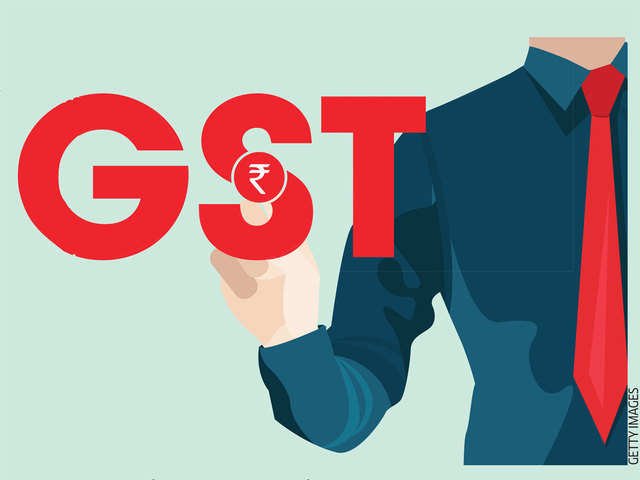Goods and Service Tax or GST is the single most significant tax regime introduced by the Indian Government on 1st of July, 2017. The motive behind this is to unify all other indirect taxes in India under one umbrella. It is a unified tax which extends from manufacturers to the end users.
What does this mean?
How the GST will actually benefit every individual and business over time still a common question across the nation. There are certain immediate benefits but the repercussions outdo the post-implementation conundrum.
What most individuals affected by GST lack is a basic idea on what it means and its ramifications.
- Removing multistage taxation
Pre-GST, taxation extended from the manufacturer to the end consumer across all points of interactions. Goods and Service Tax aims to make this process consumer-friendly by allowing the final consumer to pay the implied-GST at the end of the supply chain. This automatically sets off benefits for all previous stages.
- Unifying destination-based taxation
Earlier, a tax was levied onto the manufacturer followed by a VAT (Value Added Tax) that continued in every stage of the supply chain. Now, with the help of a GST calculator, a single tax is calculated and levied on each step of the supply chain.
- Simplifying business process
It empowers business owners to collect taxes from consumers, get legal recognition as suppliers of products or services and eligible for procuring loans and selected Government contracts.
For instance, if you’re starting a business, you can avail a business loan from any financial institutions, providing your unique GSTIN. These are collateral-free loans exclusively made for SMEs and MSMEs. As a business owner you should know how to avail collateral-free business loan easily and with the best loan terms.
- Input credited tax
Application of Goods and Service tax reduced an end user’s liability as it enables a seller to claim the taxes already paid.
This brings to the working of Goods and Service Tax –
Simply put, this lax operates under 3 platforms:
- CGST: Collected by the central government.
- SGST: State government collects this revenue for intra-state sales.
- IGST: Central government collects this tax for inter-state sales.
You can utilise a GST calculator to stay ahead of your GST dues and pay them accordingly.
Benefits of Good and Service Tax
The advantages of levying this tax are numerous. For instance –
- All process of a business from registration as well as returns or payments can now be conducted online. Moreover, there’s no cascading taxation effect. Every step of taxation is transparent and one-point.
- A pan-national uniform taxation structure.
- Reduced logistical overheads, huge benefit for cross-state transactions.
- It gives a necessary boost to Indian goods and services in the international market by making them cheaper.
- Goods and service tax makes tax administration easier.
Apart from these benefits, you can also procure loans using your GSTIN from any financial institutions. However, most of these bodies charge a hefty interest for it. Hence, you can take an alternative route of availing Business Loanfrom your choice of banks or NBFCs.
How is GST impacting our economy?
The initial rollout of this tax rekindled the hope of our country’s fiscal reform in widening the economy. The idea behind its implementation is to simplify the taxation procedure that would offer a win-win situation for everyone.
Manufacturers and traders are benefiting from simple tax filings, transparent rules and fewer bookkeeping. Consumers are comparatively paying less for goods and services than earlier. The government is generating more revenue as GST brings SMEs and MSMEs under its compliance via integration of the unorganised sectors into the regime.
What does the future look like?
It is expected that Goods and Service Tax would not just lower tax rates but also minimise tax slabs. The impact of this on macro-economic indicators will most likely be positive. Inflation would be significantly reduced due to the elimination of the cascading effect on taxes. Moreover, India’s exports will boom along with an increase in FDI. Over time, GST is slated to benefit individuals and businesses throughout the nation.





